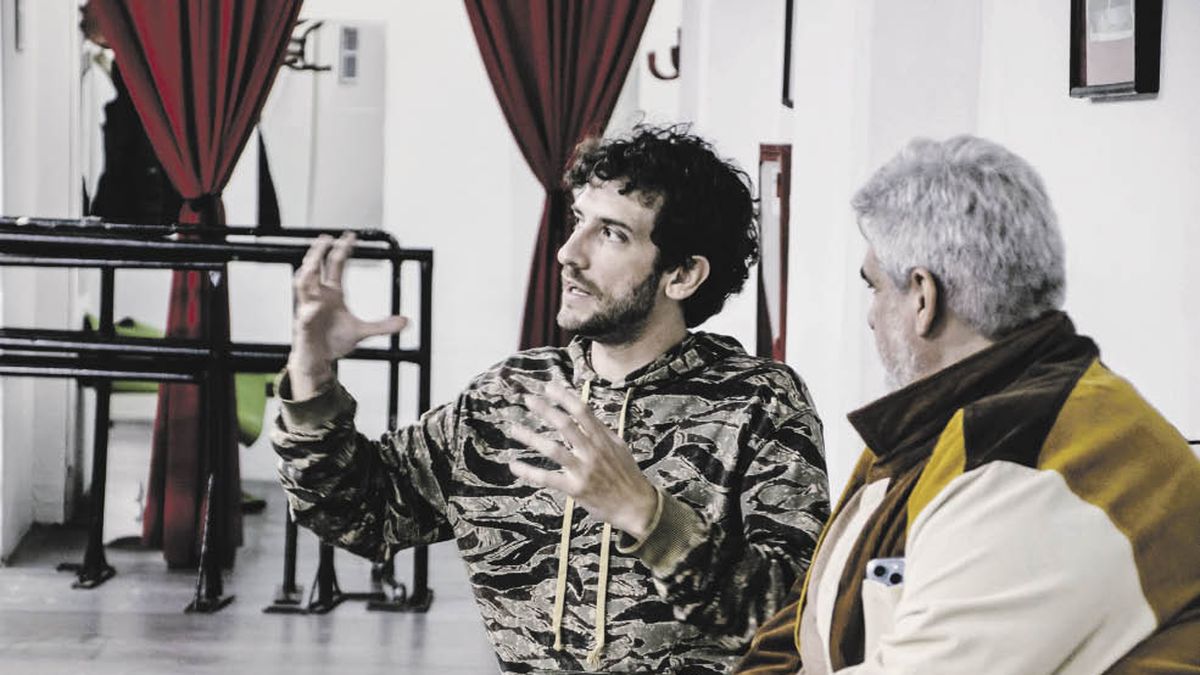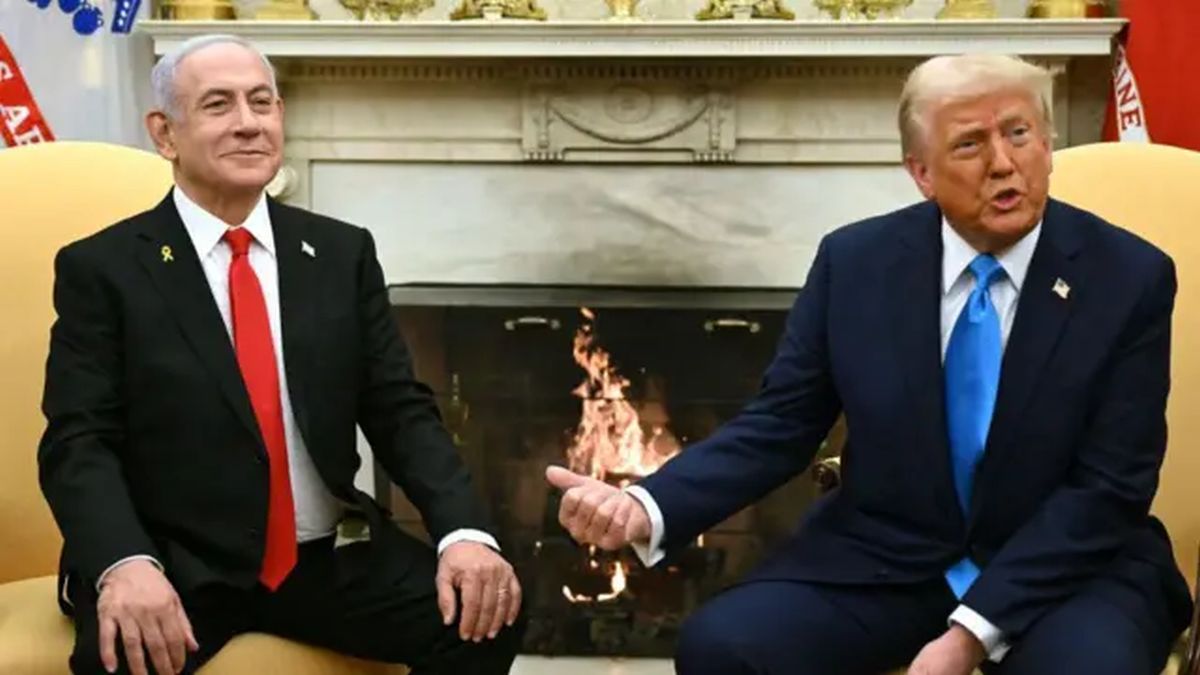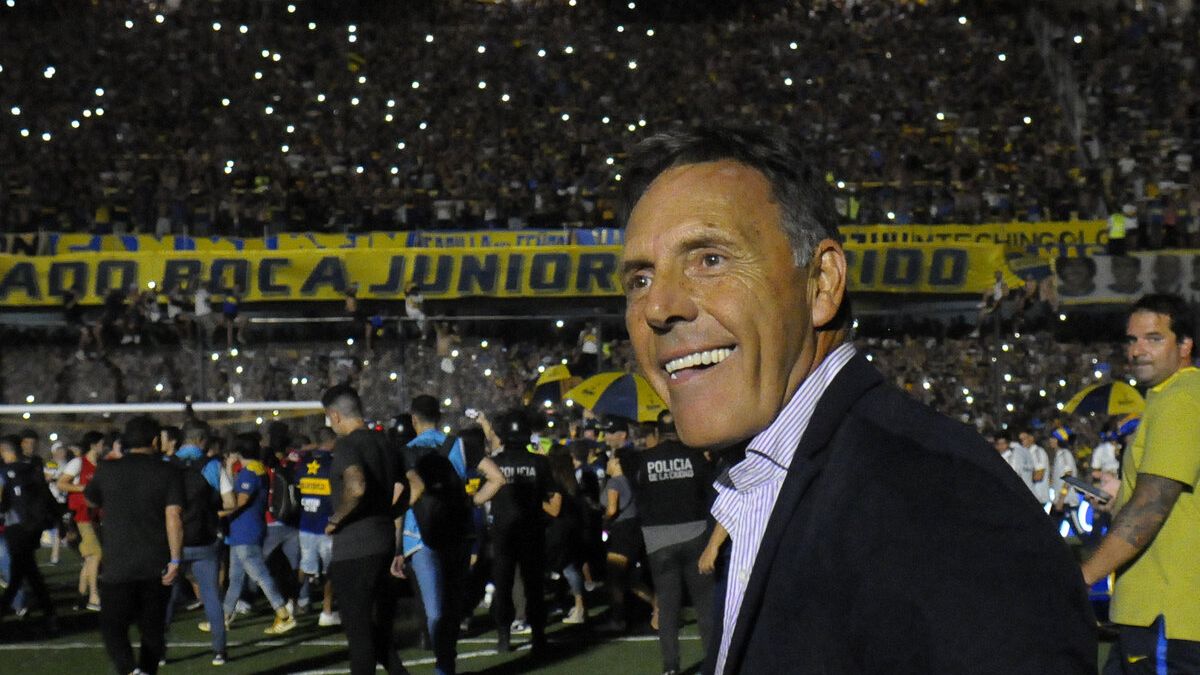Larson premiered “Tick Tick Boom” as a one-man show; after his death, in 2001, it premiered off-Broadway as a piece with three actors and thus arrived in our country in 2012, at the Maipo Kabaret and at the Konex. “Tick Tick Boom”, which was later revived thanks to Netflix, is now performed by three referents of the musical genre: Federico Couts, Pedro Velázquez and Lucien Gilabert, who are accompanied by five musicians on stage. We talked with Del Mastro and Caballero.
Journalist: What is the validity of Larson and his legacy?
Master’s Ariel: It opened a new path in musical comedies, which before “Rent” had a different type of story and music. There was no rock, they were non-everyday stories, people were dressed epic. Larson opened a door that allowed us all to make musical comedies that talk about us and not about heroes, with closer music, with stories that are ours, that are moving and that one identifies with. Thanks to him, many musical comedies today are done differently. Personally, I think we owe him everything.
Marcelo Caballero: It opened the possibility that we can think differently about the genre and to whom it is directed. Before “Rent”, musical theater was elitist, only aimed at audiences with the ability to pay a very expensive ticket. After Larson on Broadway, the spectrum opened up and young people were also able to get closer to consuming musical theater, and works for that audience began to be thought of. Today we are also encouraged to kick the board, play differently and challenge the rules of the way of writing and composing musical theater.
Q.: How are those layers of the creative process of the work alternated with Larson’s life?
MC: What happens in “Tick Tick Boom” is consistent with his aesthetic, mainly because he is the protagonist. Each corner is imprinted by what happened to him, his relationship with the issues that occupied him, how he related to the people around him, also in relation to his profession. He speaks of a deep crisis on a creative, personal level and covers the crisis of the ’90s in the musical. He criticizes that way of doing theater where only the commercial purpose of the theater was considered beyond the content and message. Larson in his work ended up printing his own fight.
Q.: What are the taboo topics today?
AdM: At that time there were a lot of issues that could not be discussed such as homosexuality, AIDS, extramarital affairs or walking down the street hand in hand with a person of the same sex or kissing in the square. Today that is overcome, the struggle of the 90s has contributed to us being freer, today we do not find topics as taboo as in those days.
MC: Luckily the difference and distance with that time allows us to rethink the issues that will come in another way. There is a broader authorization to touch on the problems that cross us and we can print them on stage, like Larson at the time and that is why it cost him so much for someone to invest in his project so that it would be possible to make his opinion known. The work has to do with being able to take themes out of the darkness and put them in the links as an axis, problematize everything and accept that as a path for art and what happens below the stage.
Source: Ambito
David William is a talented author who has made a name for himself in the world of writing. He is a professional author who writes on a wide range of topics, from general interest to opinion news. David is currently working as a writer at 24 hours worlds where he brings his unique perspective and in-depth research to his articles, making them both informative and engaging.




